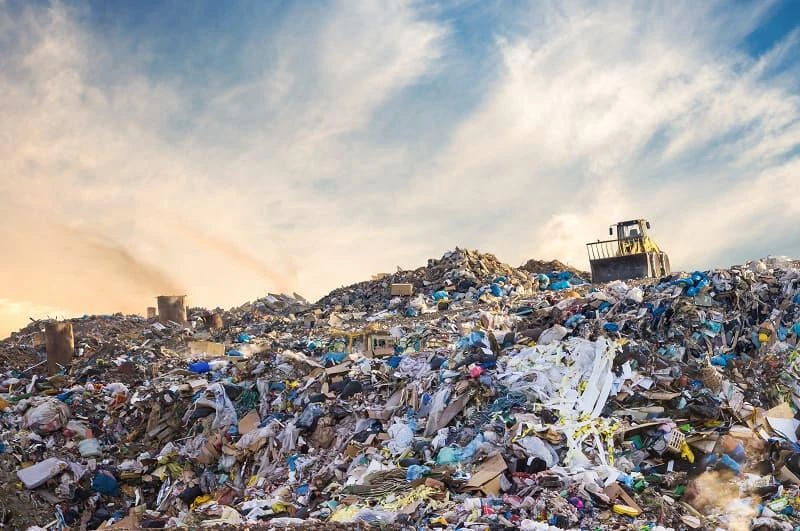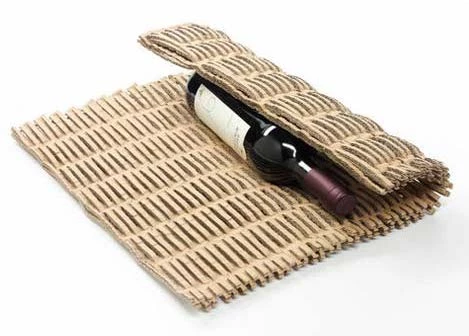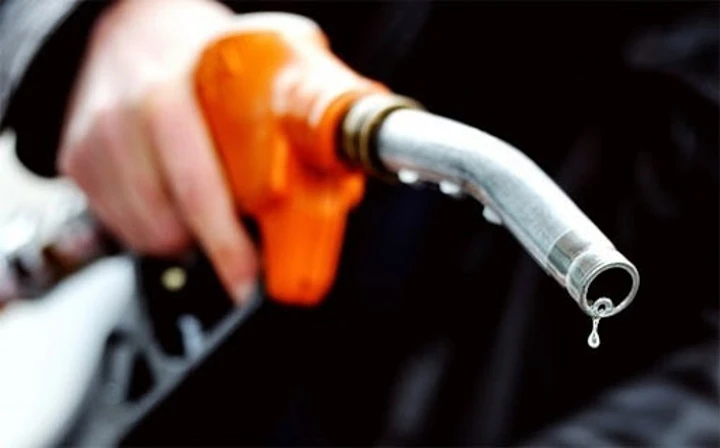


The 7 R’s of Sustainability in Logistics
The 7 R’s are steps a company can take to lower the amount of waste they produce which could end up in landfill. Using the 7 R’s your company can lower its environmental impact, lower the cost of waste removal and save money on packing materials which helps the environment and the bottom line! So how can the 7R’s be applied to logistics operations? Let’s look at each of the 7R’s and how they can be used in logistics.
Reduce
Efficient stock management within a warehouse can help reduce unnecessary purchases – not only for stock goods but consumable items. Take stock of all consumables and organises them together in one location which is clearly labeled. Packing materials such as boxes, tapes, banding and staples can quickly and easily be organised. This avoids unnecessary ordering and unnecessary deliveries which helps reduce packaging waste and vehicles on the roads.
Plan company driving routes as efficiently as possible to reduce the number of miles driven and time on the roads. Increased efficiency as part of a Green Logistics program can help reduce fuel usage and save your company money.
Reduce amount of power used throughout the site by switching to energy efficient lighting and heating systems.

Reuse
Reuse materials whenever possible. Stack incoming pallets carefully by size so they can be reused easily for outbound shipments. Most clean packaging such as polystyrene chips and packing foam retains it shape and can be used multiple times, have a collection and storage bag or box available so it can be stored and reused. Cardboard from delivery boxes can be reused as packing and wrapping material.
Repurpose
Repurpose items instead of disposing of them. Damaged pallets may be able to be cut down to remove the damaged section and still be used. Used cardboard boxes and packaging can be turned into free void filler and packing material by using a cardboard shredder which are available to lease hire. Shredded paper can also be bagged and used as void filler and padding when packing small items.

Repair
Repair items instead of buying new ones. Broken pallet slats can be replaced easily to repair pallets and make them usable again. Try to buy equipment which is serviceable and can be repaired when required. Many pieces of warehouse equipment can be repaired for example: sack-truck and trolley wheels can be replaced, fork lift tyres can be recut when worn and tools can have grips or handles replaced easily. Always look into repairing before replacing.
Recycle
Recycle goods whenever possible. Logistics warehouse and offices sites can generate a lot of waste but most can be recycled. Since commercial waste companies charge for collection and by volume reducing the amount of waste will reduce this cost. Arrange company collection points for metals, paper, cardboard and glass; a company scrap metal bin could also could generate extra income from your local recycling centre.
Return
Most responsible companies will have a returns procedure for goods which have come to the end of their life. Check which each of your suppliers if this is the case, florescent light tubes, printer toner cartridges, vehicle tyres and batteries can all be recycled.
Rot
Nearly 40% of the worlds waste is organic material, which means it can be composted. Does the company have garden waste which could be composted? Local waste management companies may be able to provide separate waste collection for compostable waste. Some local councils provide a garden waste collection service as part of their waste collection for an additional cost. It is always worth enquiring.
The 7R’s should not just be a one time thing – incorporating the reduction of waste into company will not only reduce the impact on the environment it will make your company more profitable.


